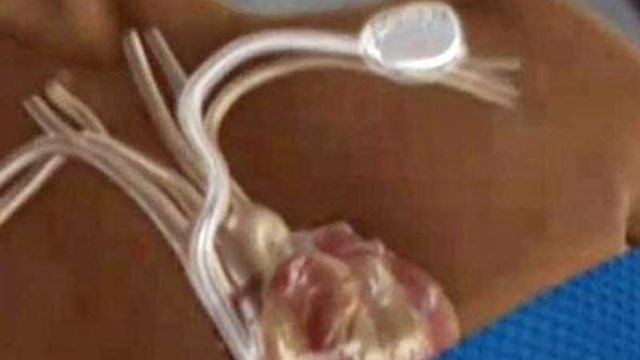New pacemaker can take MRI scans
Heart patients face a big problem if they need an MRI, or magnetic resonance imaging, to deal with serious health problems like cancer: Standard pacemakers can't withstand an MRI scan.
Posted — UpdatedJohn Fiorentino, 43, needed an implantable pacemaker to deal with sudden blackouts that would stop his heart from beating for as long as 10 seconds.
"I might be going for a walk in the park, and all of a sudden – boom – I ended up facedown on the ground," Fiorentino said.
An implantable pacemaker typically comes with one restriction.
"For the rest of their life, (they can't) have an MRI scan," said Dr. Marc Silver, a cardiologist at WakeMed.
An MRI scan can affect the complex circuitry of pacemakers and even cause the tips of wires to heat up and burn the heart muscle.
That leaves computed-tomography scans as the next best option for people with standard pacemakers.
"Patients are getting tests that not only are they not as good, (but) expose them to excess radiation," Silver said.
A day before Fiorentino underwent pacemaker surgery, though, the U.S. Food and Drug Administration approved a new MRI-compatible device.
Fiorentino elected to receive it, instead of a standard pacemaker.
"I was one of the first in the state of North Carolina and maybe one of the top five in the whole country," he said.
Silver said the new pacemaker, which has been used in Europe for two years, looks and works the same as the old ones. It senses when the heart misses a beat and sends an impulse to correct it.
Fiorentino said he needed an MRI scan for an abdominal problem a week before his pacemaker surgery, so he appreciates the ability to have such scans in the future.
The new pacemaker gives him "more energy now, more confidence," he said.
Medical device companies are still trying to develop MRI-compatible implantable defibrillators.
• Credits
Copyright 2024 by Capitol Broadcasting Company. All rights reserved. This material may not be published, broadcast, rewritten or redistributed.





